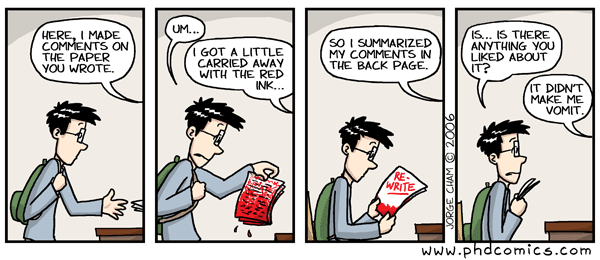Teaching Reading in the Screen Age - Andrew Kern
I chose this seminar because I was so inspired by Kern's seminar on writing. I also am concerned about the difficulties in not only teaching reading nowadays but also in sustaining interest in reading.Six pages of notes! I apologize because I wrote down the nuggets I found memorable or interesting, but they don't always connect to the things I wrote down before or after. Kern does tend to speak like this, but it all makes sense in the end. I found a lot of meat in this talk, so here goes:
Use books!
Teach a child to....
...pay attention.
...remember things.
...bring it into harmony.
Do you pause when reading to allow images to form in your mind? IMAGE-ination....
Teach your child to handle the screens. (in the sense of creating good habits) Make a distinction between will and desire.
Nietzsche - everything living wants to live.
Humans have the ability to know what we want is bad.
There is a difference between what we want and what we will.
 The screens appeal to the appetite. They are market-driven.
The screens appeal to the appetite. They are market-driven.Capitalism (Marx) - desires will lead to centralization of big companies. Centralized economy --> socialism.
Strengthen the will and not the appetite. Train the will. Coaches know this. We accept this idea in sports.
Strong-willed people are actually weak-willed people with strong appetites. -Charlotte Mason
Discipline = legalism in some people's view
We tend to encourage the teaching of reading by exciting the appetites.
Instead, use white paper, black text, no distractions.
A child is a symbol of God. The eternal and unknowable "ikon".
Only the expert knows the basics of a subject. Kids can handle what is most obvious but not what is most basic.
Three Stages of Reading
1 - Dependent
When? Begins in the womb. Unborn babies can hear. Read to them. Choose adult books with good language.Understanding is over-rated at this stage. Feel the flow of the language. It's complex.
Wind in the Willows contains the best sentence ever written. The second best is in Brideshead Revisited. (He did not tell us what they were.)
If you only read Cat in the Hat type books to children, the child will not be able to handle a complex thought.
2 - Decoding
This is an agonizing process of how the symbol = sound.Only a symbolic creature could invent symbols and phonics.
Get to the point where you ignore the symbols for the meaning.
Study a foreign language with a different alphabet.
When you teach phonics simply, you are strengthening the will.
Discipline!
3 - Independent
The will keeps us going when the desires fade.Reading is not a "subject." Not only is reading not a subject, there is not much difference between reading and writing.
Same Five Common Topics are for Reading and for Writing. (See notes from other seminar: The Five Topics of Invention aka The Common Topics.)
Use the rules like toys you get to play with.
What do these things teach us about how we learn?
1 - We don't know how we learn.
2 - No elemental sequence to reading.
3 - We read with the mind using the senses.
GOALS
1 - Transcendent Insight2 - Think Analogously (relating to analogies)
We are made to be like Him but it frustrates us that we can't be. We are analogies of God living in a creation, a work of art. The means by which we see truth is by analogies - stories. The best are the most universal.
3 - Information Gathering
4 - Disciplined Thinking - Translating is reading in slow motion. It focuses you.
5 - Community - Friendship is more important than your job in life.
6 - Wisdom. Even from the ancients.
7 - Harmonic Perceptions
THREE PRINCIPLES
1 - Reading incarnates truth.2 - Reading must not be moralistic. Instead be transformed by the text.
3 - If you're not willing to submit to the work of art, don't experience it.
Teach Three Stages of Reading
Phonograms
Practice narration.
Always read above grade level.
Learn a foreign language.
Put story over information. Verse over prose, Aurality over silence.
FOUR ISSUES
- What should we read?
- Why should we read?
- What are the dangers inherent in reading? (immorality, moralism, laziness)
- How should we read?
Well, that's it! A lot of food for thought, although much of it seems disjointed when I type it all out. I recommend listening to this if you can find a recording or listen to anything by Andrew Kern.






